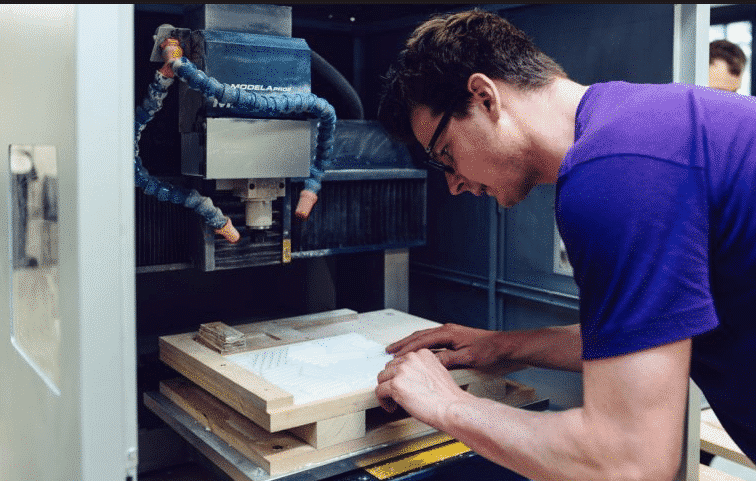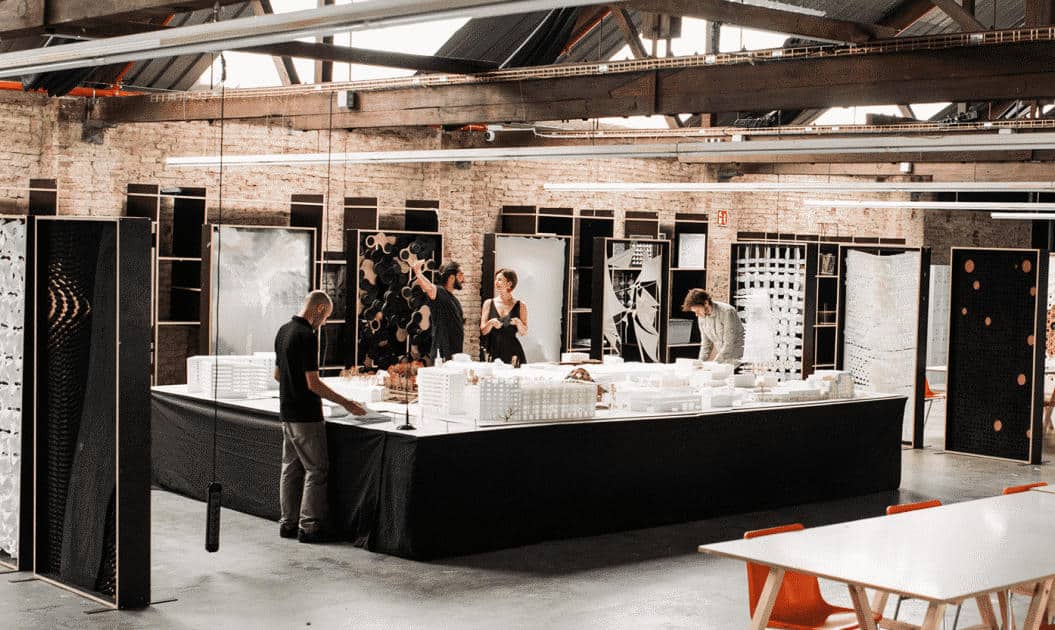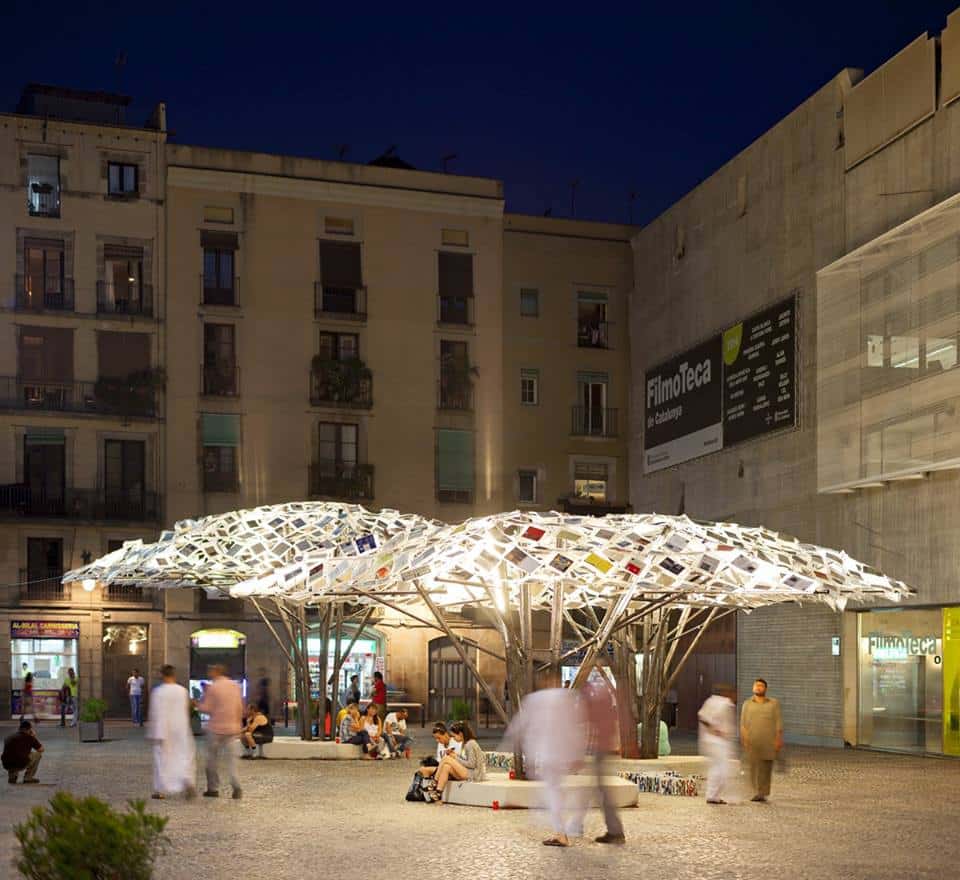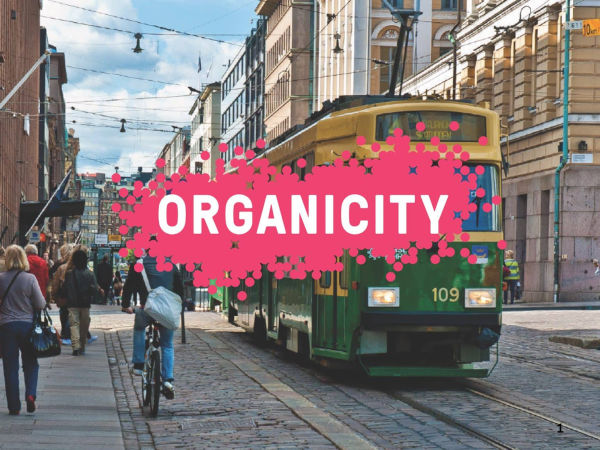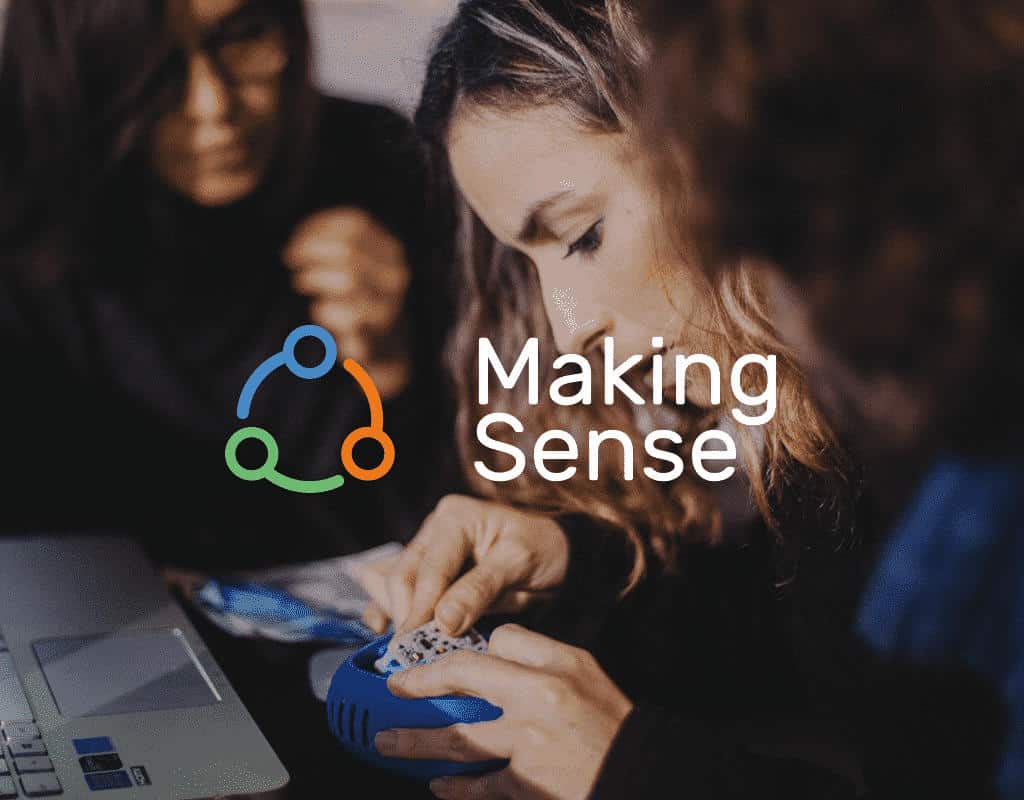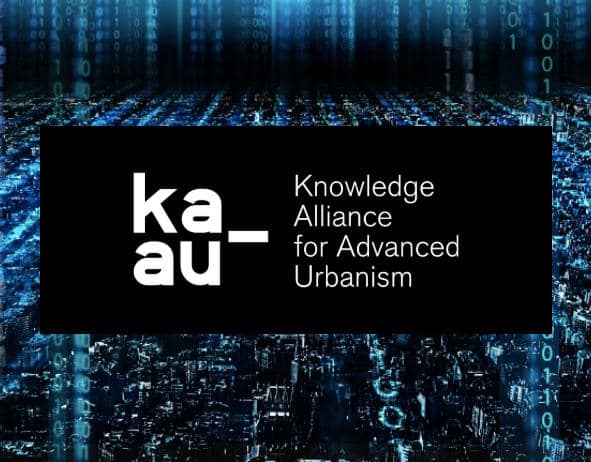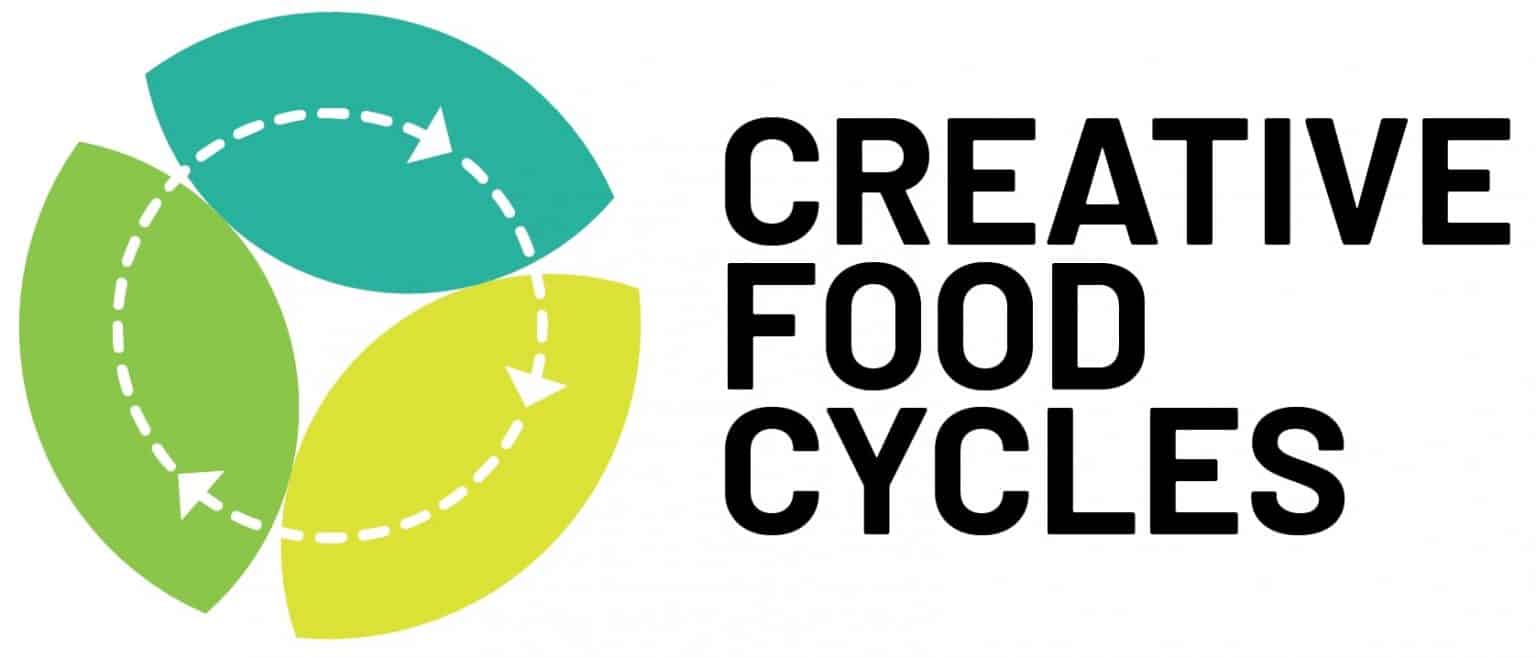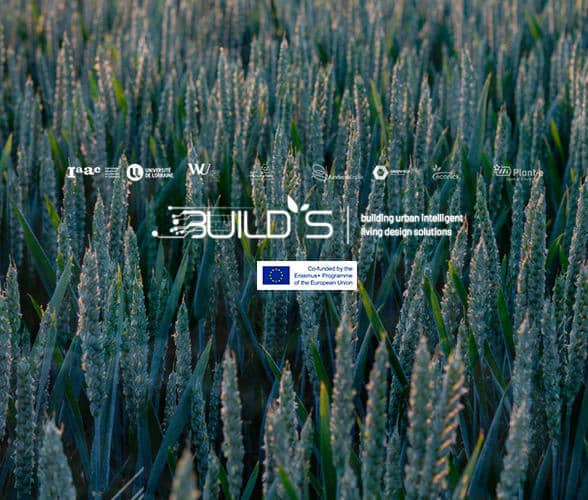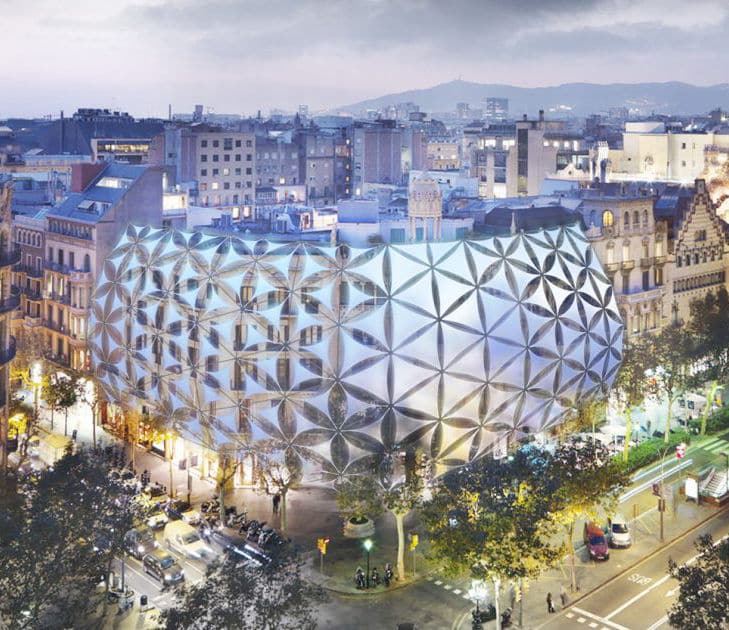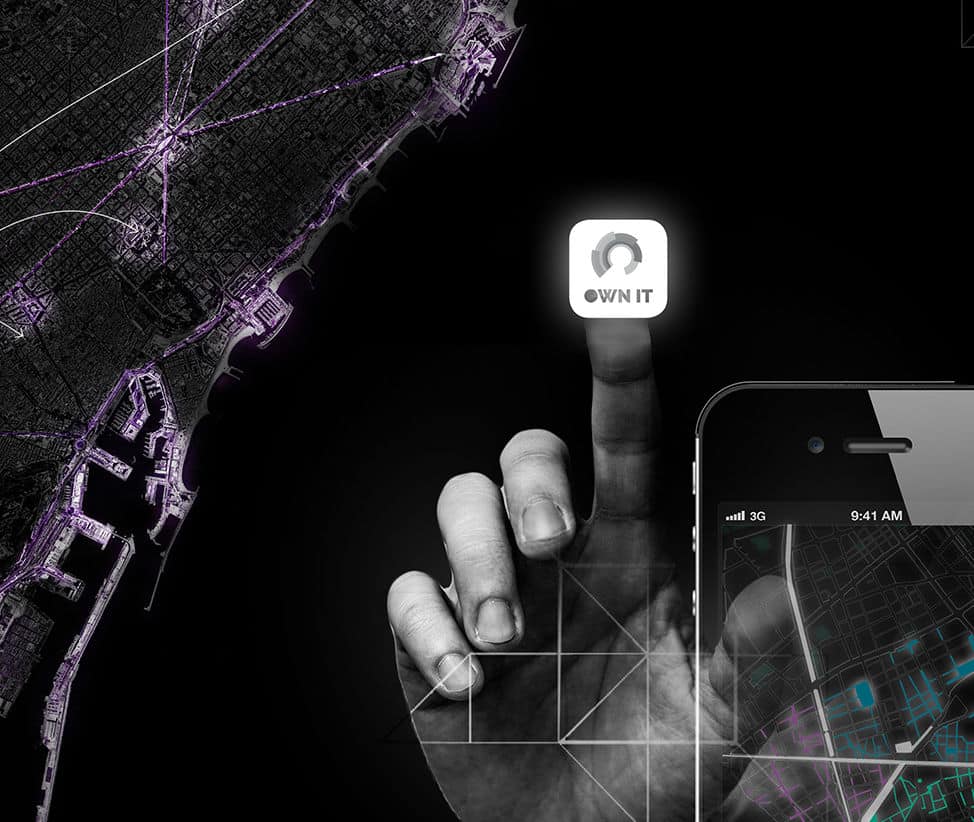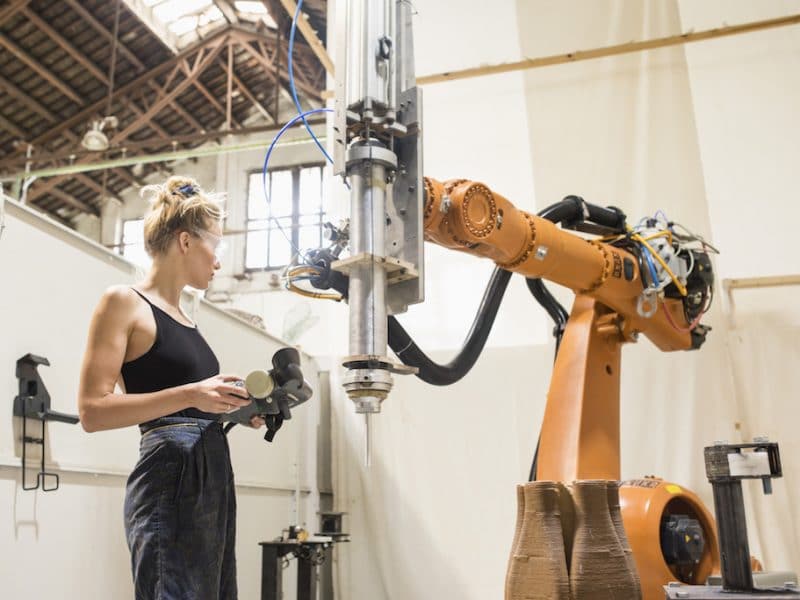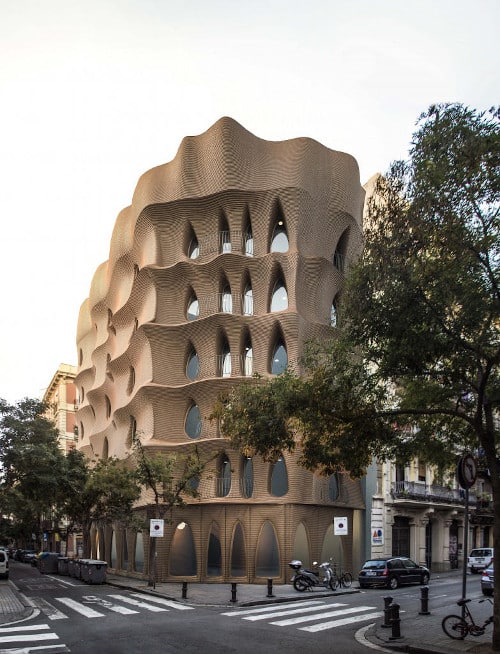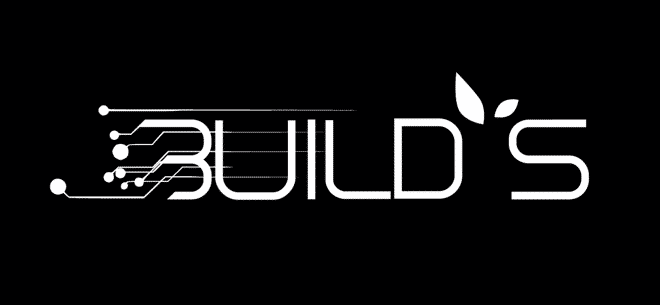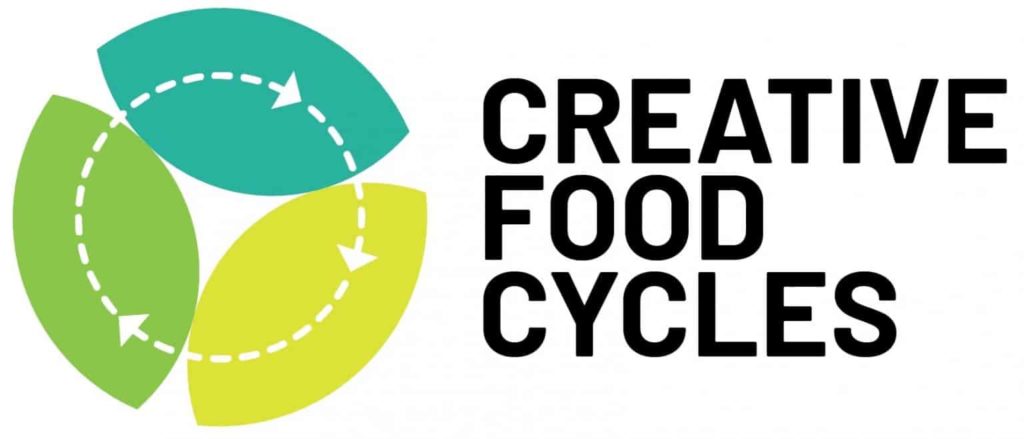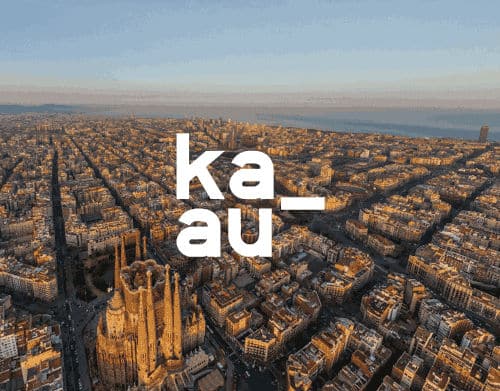Everyday is a good day to join the IAAC community!
Every application will be considered and assessed according to the candidate’s profile, skills, previous academic achievements and motivation. Once the application reviewed, you’ll be meeting with the academic coordinator in charge of the selected course for an interview.
HOW TO APPLY
Apply to the Fab Academy at Fab Lab Barcelona here.
You can apply for IAAC Masters programmes here.
For online applications, all the required documents must be submitted in English except for the undergraduate diploma, which must be translated in Spanish. All documents must be uploaded on the online application form in PDF format.
Required documents:
- Letter of intent written in English detailing your motivation and adequacy for this particular course (PDF, one A4 page maximum length).
- CV and portfolio* showcasing samples of your work in English (PDF, A4 format, 10MB maximum for the portfolio)
- Two letters of recommendation in English including the referee contact (PDF)
- Legalised copy of your previous academic degree. ** (Please make sure to arrange the legalization of your diploma as required by your country of origin (more info here). If your diploma is not yet available by the time you chose to submit your application, please contact us.)
- An official translation of your diploma in Spanish (if not in Spanish already, more info about official translations here.) Your diploma must be translated by an officially sworn translator for your application to be considered valid
- A copy of your valid passport or I.D. if you are citizen of a member state of the EU
- Application fee (non-refundable) is to be paid to the bank information mentioned at the bottom of this page in the “Bank Information” section.
* For the MaCT programme, a portfolio is not mandatory for applicants who do not have an academic background in design. However, samples of previous projects and research related to cities will be required as part of the application process.
** If you have not graduated yet but will be graduating before the academic year begins, you are still eligible to apply but you will need to provide a provisional certificate in English from your University, confirming that you will graduate this year.
Feel free to contact us at [email protected] should you have any doubts about the process.
OPEN DAYS
Are you interested in IAAC? Do you want to know more about us? We will be happy to welcome you during our IAAC Open Days where you will have the opportunity to discover the Institute, visit our facilities and meet our faculty, alumni and students.
Dates for 2020/21:
- 24th January of 2020 – register here (hay que crear el formulario)
- 27th March of 2020 – register here (hay que crear el formulario)
SELECTION CRITERIA
The selection criteria will be based on the following aspects:
The educational background, keeping in mind that, considering our varied educational offer and transdisciplinary approach, are eligible student profiles with a background in architecture as well as in design, engineering or arts.
The quality of the portfolio which will partly be assessed considering the ability of the applicant to demonstrate:
Analytical approaches and processes through his/her work.
Creativity and flexibility, working on multi-scalar projects from object to city scale.
Diversified skill set,
And a variety of tools applied to the presented work.
In order for IAAC to maintain its multi-cultural environment, the admissions committee is encouraged to keep a balanced ratio of a diverse multi-national intake of applicants every year.
*Master and OTF applicants: depending on the IT (specific software knowledge) and other skills’ level of the student, the committee could decide as a mandatory requirement to enter the pre-course programme which is a 15-day programme aimed at refreshing important information and skills to make sure the student is at the level required by the school. In some cases, and using the same criteria above, the pre-course programme may be only “suggested”.
SELECTION PROCESS
The selection process follows the next steps:
- Complete and submit the online application along with the required documents.
- The IAAC admissions committee will review your application.
- You will be notified if you have passed the first step within two weeks.
- If successful, you’ll be meeting with the programme’s Director and Academic Coordinator through a Skype interview.
- You will be informed of the decision within the two following weeks.
- If accepted, you will receive a digital letter of acceptance and a physical welcome package.
- If accepted, you will have to confirm your enrollment by proceeding with the down payment in a maximum of two weeks. (Note: down payments vary depending on the programme each applicant is admitted in. Please refer to the tuition fees section mentioned below).
- We encourage accepted students to start their student VISA process right away as the process of issuing a VISA may vary from one country to another. You will need to enquire with the Embassy / Consulate of Spain based in your country to understand which type of documentation you need to prepare and submit. IAAC will provide you with any documentation required from our Institute to facilitate this process.

